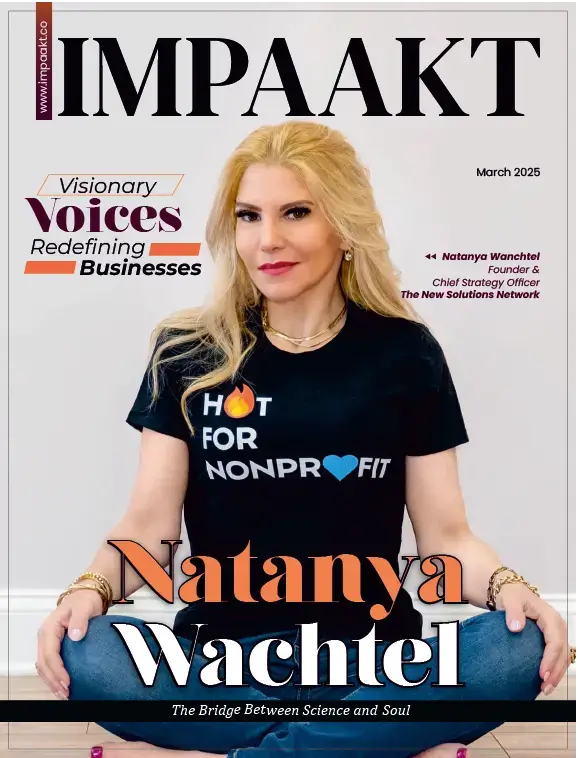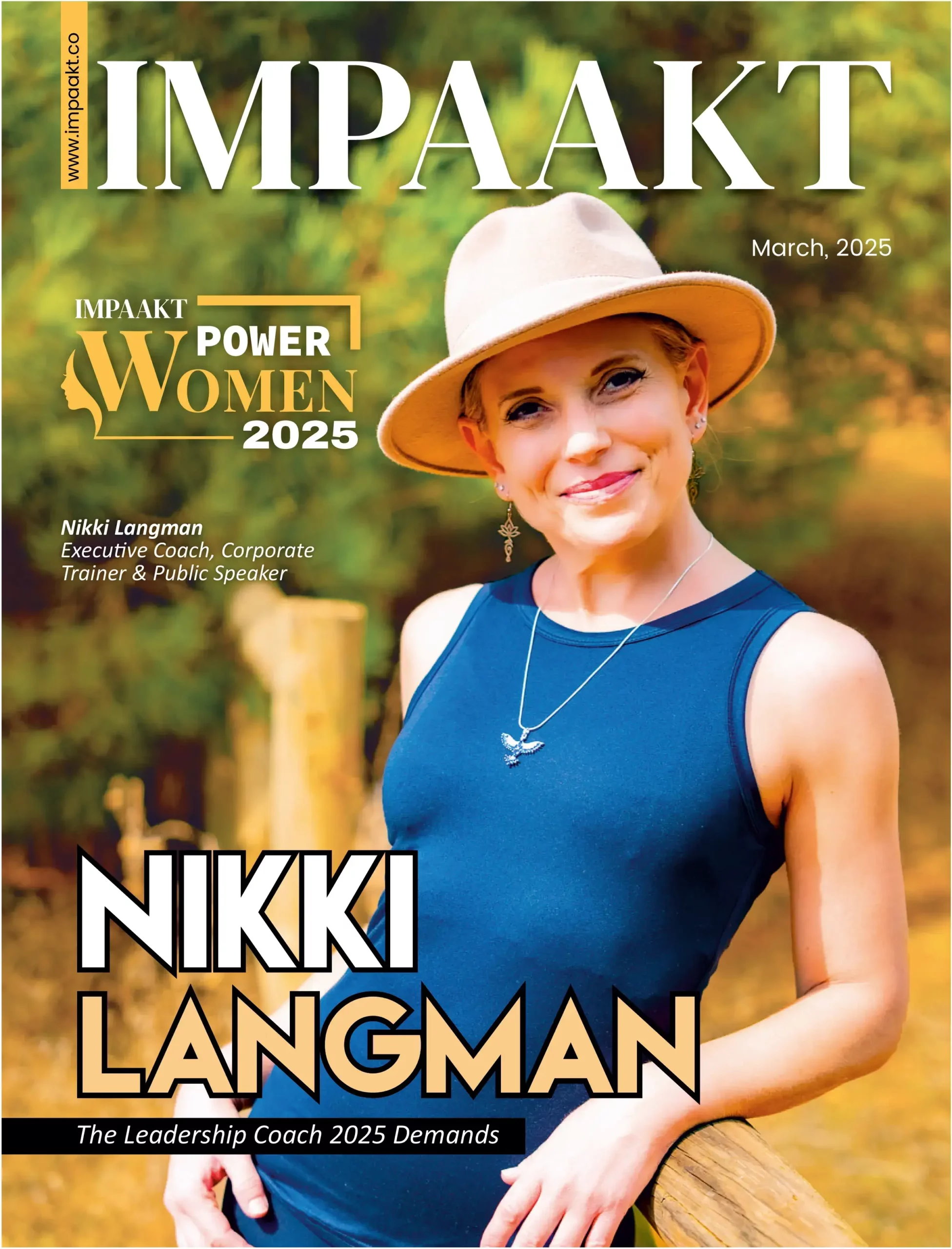Google says the traditional way of “Googling” — typing keywords and sifting through results — is becoming a thing of the past. At its annual developer conference, the company introduced a sweeping set of AI-powered updates aimed at transforming its search engine into a more intelligent and personalized assistant.
Instead of just matching keywords, Google’s new system will understand user context — including surroundings, preferences, and past behavior — to deliver more relevant, task-focused results. These changes are part of Google’s broader push to stay ahead in the AI race, as competition intensifies from platforms like OpenAI’s ChatGPT, AI-based engines like Perplexity, and enhanced digital assistants from Apple, Microsoft, and Amazon.
Enter AI Mode
One of the headline features, AI Mode, is expanding from a limited test group to all U.S. users via the Google app. Unlike traditional search, AI Mode breaks down queries into subtopics, runs parallel searches, and delivers more nuanced answers. Soon, it will also pull from a user’s search history and connect with apps like Gmail for deeper personalization.
Two standout features coming to AI Mode (initially via Google’s Labs program) are:
- Task Handling: With Project Mariner, Google can handle multi-step tasks, like finding and booking affordable sports tickets or restaurant reservations, by interacting directly with services like Ticketmaster and Resy.
- Live Visual Search: Using your phone’s camera, you’ll be able to ask Google questions about what you’re seeing — for example, identifying if a bolt fits a bike frame — in real time.
These tools build on the existing capabilities of Google Lens and Gemini, its AI assistant, which are also expanding to more platforms, including iPhones.
Competition Heats Up
Google’s dominance in search is under pressure. OpenAI recently launched its own search engine, and Apple exec Eddy Cue said Google searches in Safari dropped for the first time since 2002. Although Google disputes that claim, analyst firm Gartner has predicted that traditional search usage could decline by 25% by 2026 as users turn to AI tools.
Still, Google CEO Sundar Pichai remains optimistic. “We are entering a new phase of the AI platform shift,” he said. “You’ve got glimpses of a proactive world, an agentic world. All of this will keep getting better.”
With these updates, Google is betting that its search engine can stay essential — not just by answering questions, but by taking action.
Explore the AI revolution now in IMPAAKT, the Top Business Magazine.











